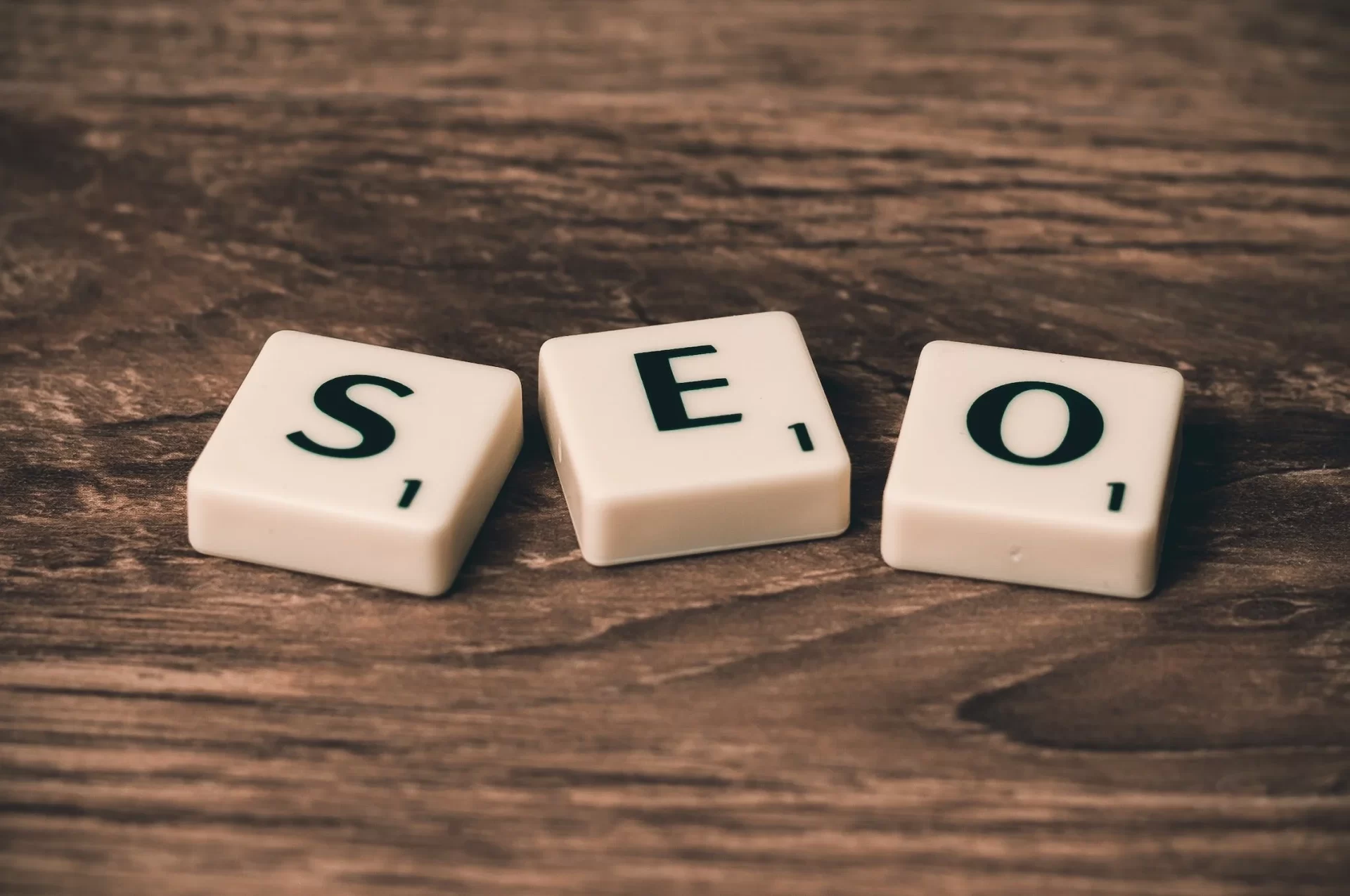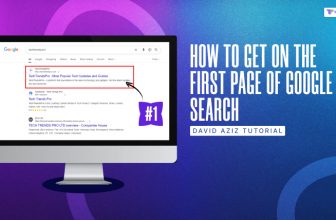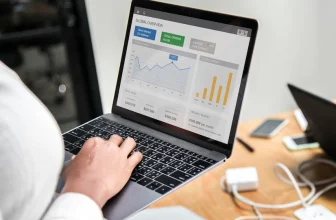
The first few pages of search results are coveted real estate, constantly changing and shifting. If your website doesn’t rank well, you miss out on valuable traffic and potential customers, especially in Google Chrome. Google holds the most significant market share in the search engine field. It ranks #1 worldwide and has around 90% of the market.
In this post, we’ll cover all the most important Google ranking factors and their relative importance.
High-Quality Content
High-quality content can make all the difference between page 1 and page 100. You must develop quality content to appear on the first Search Engine Result Page (SERP).
- High-quality content is king. There’s no doubt about it; the quality of your website’s content will greatly impact its ranking in Google search results.
- Longer is better. You can’t go wrong with longer pieces of content because they tend to attract more visitors than short ones do, and those visitors are often ready and willing to convert into leads or sales if you present them with an offer worth taking advantage of.
- Use keywords wisely within your copy so that users searching those terms can use them as navigation tools while reading your article.
- Images/ videos also help boost engagement rates by making readers feel like they’re getting something extra out of their time reading through what you’ve written. However, remember that using images over text only works if some kind of visual element is present. You must know that 80% of learning for humans is visual. So, more images and videos click better.
Page Speed
You’re probably familiar with page speed as a ranking factor, but you might not know that all major search engines consider it. It’s one of the most critical factors for SEO and can be used with other ranking factors to improve your website’s rankings. The connection Model states that speed can make or break your website. This is because when visitors click on your website’s link, they expect a good experience, and a fast page load is one key aspect of that.
Page speed is how quickly your site loads and is measured in seconds. For example, if a page takes more than 4 seconds to load on desktop devices, it will likely have problems with its SERP rankings because Google sees this as a user experience issue. Ideally, the SEO speed is 2.5 seconds or less. If it takes more than 4 seconds, it can impact your SEO and prevent your webpage from appearing on the first SERP.
This means you need to put a lot of effort into improving the SEO speed to enhance user experience and your SERP rankings. The quicker your page loads, the higher your chances of appearing in the first SERP. You can try to optimize images, enable browser caching, use a content delivery network (CDN), optimize CSS delivery, etc., to improve SEO speed.
Backlinks
Backlinks are the most critical ranking factor. If you don’t have enough backlinks to your site, it will be hard for Google to determine what your site is about and find it relevant for users searching for keywords related to your niche.
The types of backlinks that matter most are high-quality ones from relevant sites in your industry or topic area. You should also ensure that you have a backlink profile management strategy to identify the right kind of links and avoid spammy or low-quality ones that could hurt your rankings instead of helping them.
Mobile-First
Mobile-first indexing is a new method of ranking Google’s search results. Almost 60% of internet usage happens through mobiles today. It means that if you have a website and you want to rank in the top 10 for your keywords, then it’s essential for you to optimize for mobile first. The reason why? Because Google wants to ensure people can find what they’re looking for as quickly as possible on their phone or tablet devices.
To be successful with this strategy, there are several things that you need to know:
- What mobile-first means for SEO
- How to optimize your site for mobile devices
Internal Links
Internal links are the links that point to other pages within your website. Internal links help users navigate your site and help Google understand its structure. The more internal links there are pointing back to a given page, the more likely it is that Google will determine that page as relevant for searches related to those keywords.
Suppose you have a lot of pages on your site with high authority. In that case, it may not be worth creating hundreds of new ones just for SEO purposes since this could dilute their authority over time and make them harder for visitors/users to find when they want specific information from within those sites. Instead, consider linking together related pieces under single categories and sections where possible.
Social Media Signals
How to build social media signals? Create sharable and interesting content, engage with your followers regularly and respond quickly when they ask questions or comment, share other people’s content, and encourage others to share yours by asking them directly via Twitter or Facebook Messenger.
Social signals are not as important as they used to be, but they can still help boost rankings. The best way to use social media for SEO is by building links. This will give Google the signal that your site is trustworthy and authoritative because other sites have referenced it as an authoritative source on its topic areas.
Technical SEO
Technical SEO is the most crucial aspect of your website’s performance. It ensures you use the correct HTML tags, image alt text, and page titles. If you don’t have these things set up correctly, it can negatively affect how Google sees your content and thus hurt its ranking in search results.
To ensure proper technical SEO:
- Use the correct HTML tags for each page.
- Ensure any images have an accurate description.
- Ensure each page has unique content that isn’t duplicated across multiple pages on your site.
- Ensure all URLs are no longer than 200 characters; shorter is better. This helps them rank higher in search engines because it makes them more accessible for people to read when they land on those pages from search engine results listings or links shared elsewhere online through social media platforms like Facebook Messenger Groups’ posts/messages, etc.
Conclusion
Google is the most important search engine in the world. It significantly influences how people find information on the Internet, which means that if you want to grow your business and reach more customers, your website must rank well in Google searches. In this post, we’ve covered some of the most important ranking factors that affect how Google ranks web pages. Content quality, page speed, and usability are all factors that can help boost your rankings.
Read Also:






